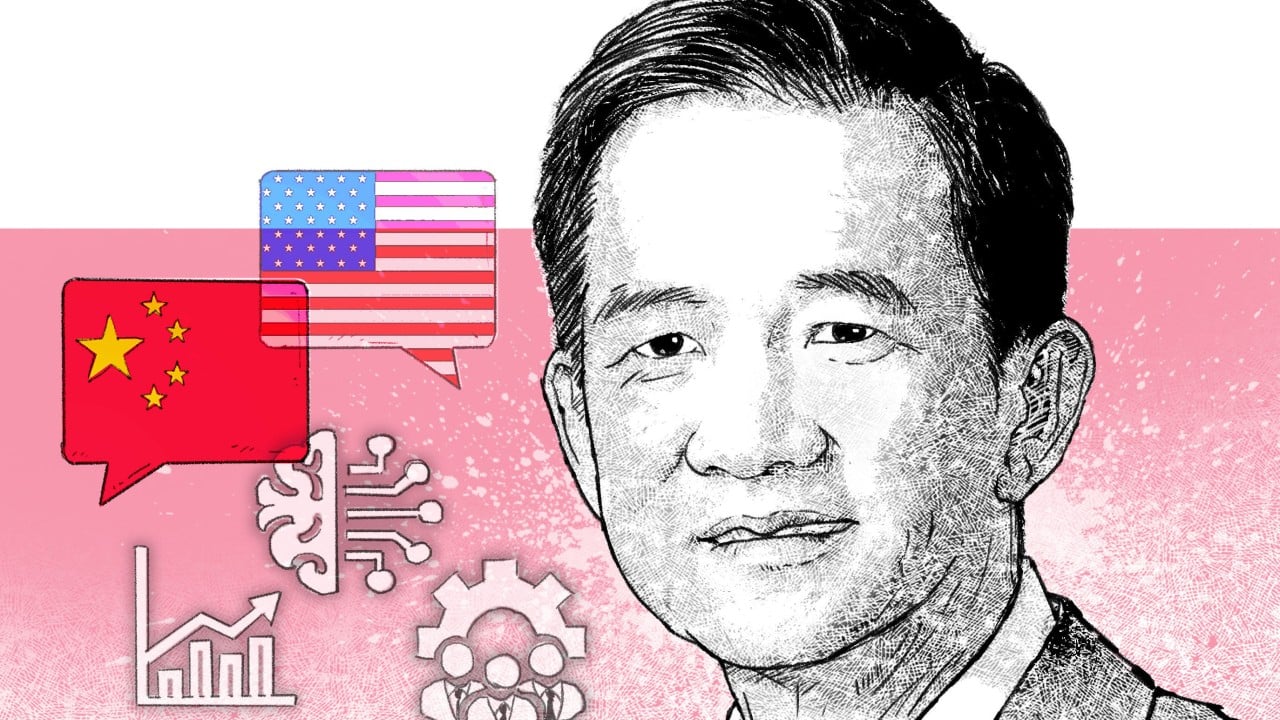Yao Yang is a Chinese economist, professor and former dean of the National School of Development at Peking University. He is known for making bold comments and offering advice on China’s economic development and institutional economics. In this interview, he unravels the ongoing trade war between the world’s two largest economies and delves into overcapacity, technological innovation and China’s other economic quandaries.
Advertisement
This interview first appeared in SCMP Plus. For other interviews in the Open Questions series, click here.
What’s your take on the current state and outlook for the US-China trade war? How likely is a deal, and what might its terms involve?
From the US side, there’s a growing recognition that the trade war is unsustainable. Even Treasury Secretary Scott Bessent has publicly acknowledged this – these extreme tariffs are essentially a form of embargo. We’re already seeing the consequences: weak first-quarter economic data, reduced investments, and instability in the dollar. All of this signals to Washington that tariffs alone are not a real solution.
Our government has also made its position clear: if the US wants to fight, we’ll respond; if they want to talk, we’re ready to negotiate seriously. The point of confrontation isn’t confrontation itself – it’s to eventually return to the table. Both sides are realising that this path hurts everyone, so I believe the likelihood of a deal is quite high.
Advertisement
Tariffs over 100 per cent basically mean there’s no business being done. The first step, realistically, is for both sides to take a step back. A rollback to something like the original 34 per cent tariff level seems entirely possible.
There are a few other things the US might demand in any negotiation. For instance, they might ask China to buy more American goods – farm products, energy, even Boeing planes that were previously ordered but never delivered.

